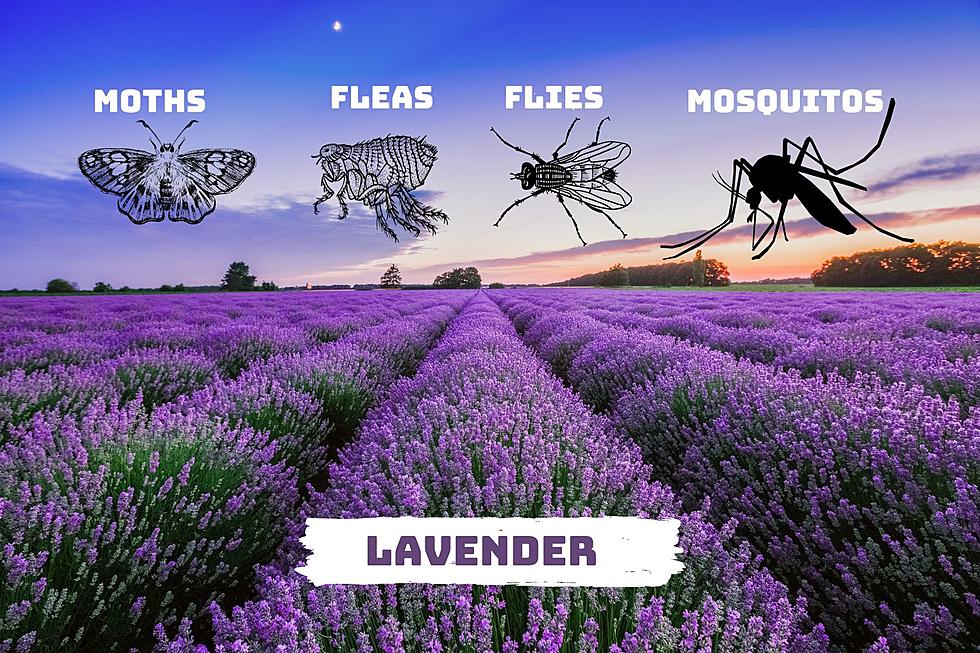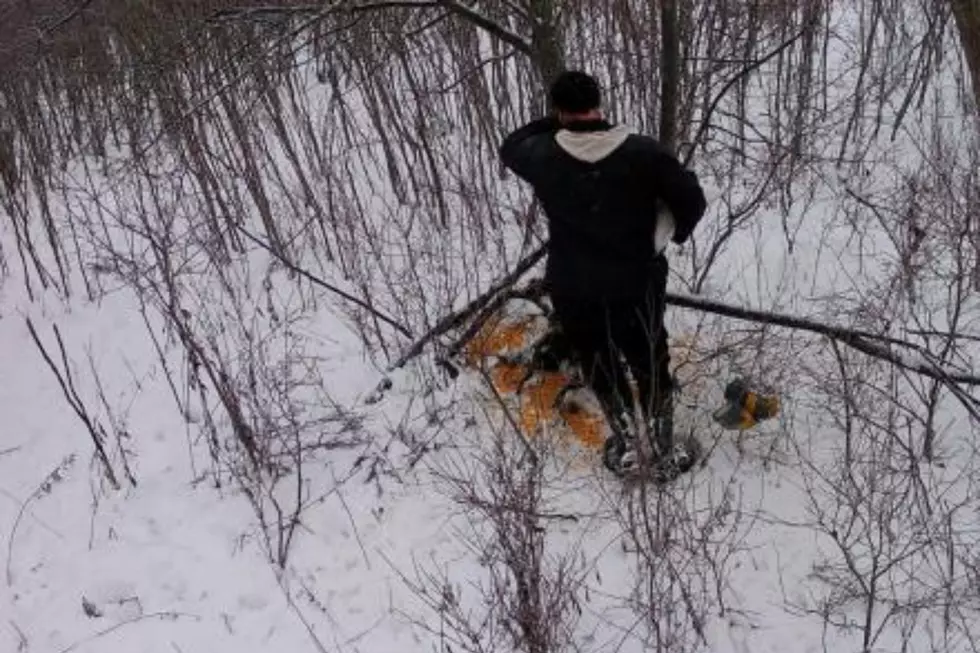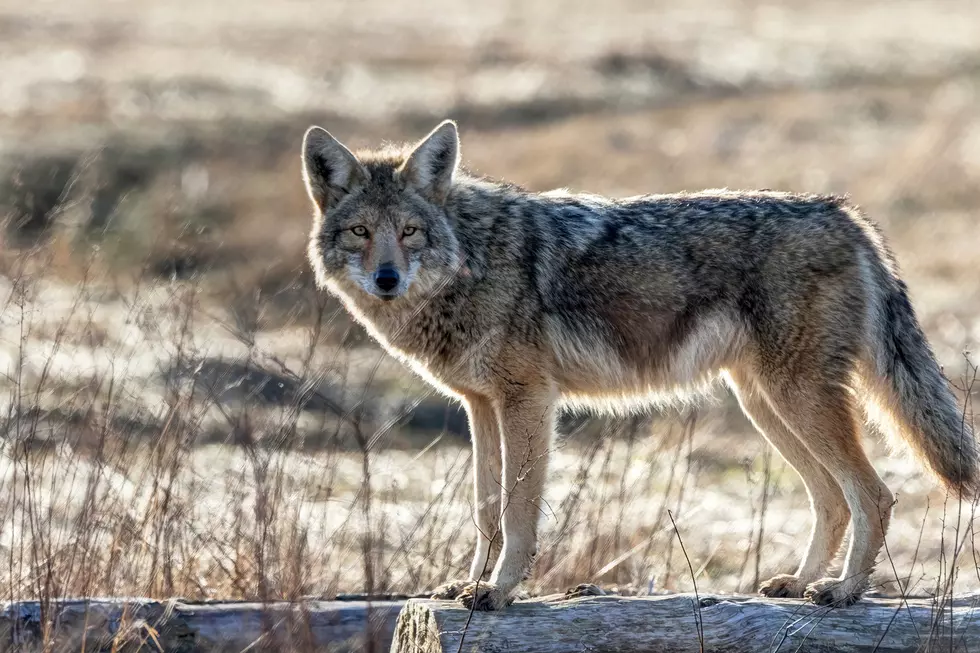
Saving Money On Fertilizer – AG Matters
"A Penny Saved Is A Penny Earned" may or may not be attributed to Benjamin Franklin. Either way it's as true today as it was in Ben's time. Especially when it comes to farming expenses. Cornell Cooperative Extension's Jeff Miller has some tips on saving a penny or two on your fertilizing costs.
CCE will present a workshop on fine tuning your fertilizer program. The class will also discuss some things to think about in your plan to rotate crops.
Most producers can save money in fertilizer purchases by soil and manure testing and developing a manure and fertilizer plan for their farm. The objective of this workshop is to give you the tools to develop those plans for your farm.
Tasks that support your plan to rotate crops should include soil testing, possibly lime application and weed control. If you are in a typical rotation going from corn to either alfalfa or soybeans you should be sampling soil every 3 years, reviewing the pH and applying lime when its needed. The fall is a reasonable time to apply lime and allow some time for chemical reactions to occur in the soil modifying the pH before a sensitive crop is planted. If you are rotating a hay field into corn, the fall is the perfect time to apply roundup to hay fields to obtain optimal control of perennial weeds. Make sure you apply roundup when weeds are actively growing for best results.
Get more details at the workshop October 22nd. It runs from 11-2:30 p.m. at CCE's Farm and Home Center, 121 second St. in Oriskany. The $10 cost includes lunch, you need to preregister by October 16th. Call Linda at 315-736-3394 ext.124 to register.
SOURCE: Cornell Cooperative Extension - Jeff Miller
More From Big Frog 104









